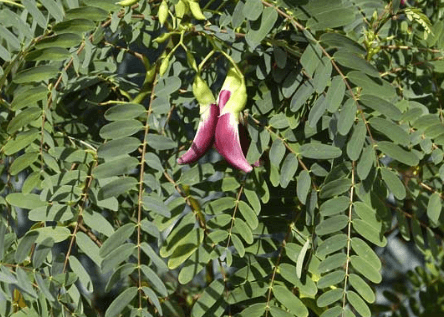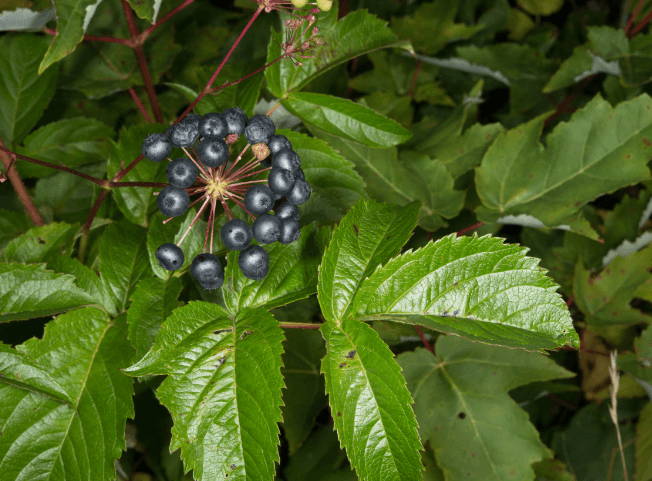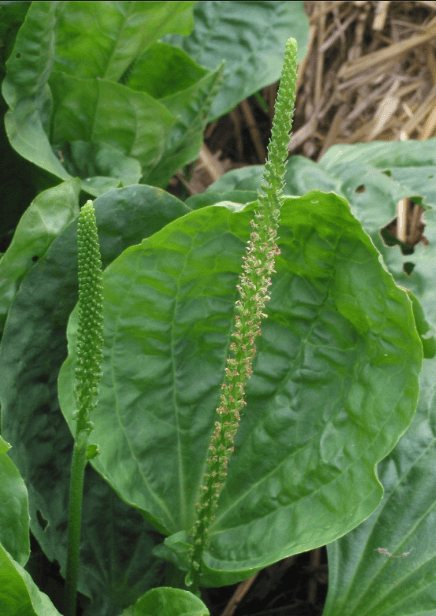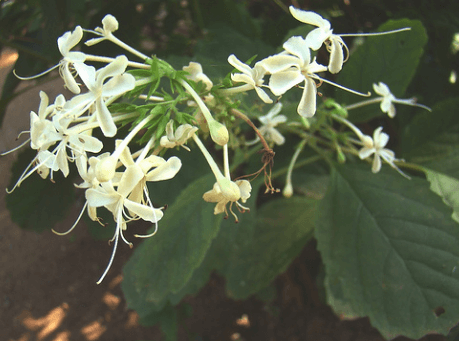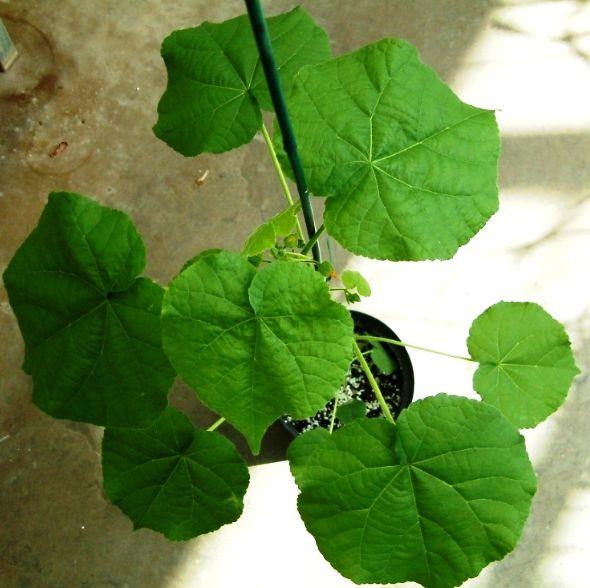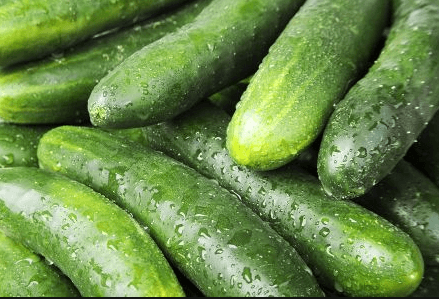Bakul/Maulsiri Medicinal Benefits

Botanical Name—Mimusops elengi
Common Name—Maulsiri
Family—Sapotaceae (Madhuk Kul)
Habit—A large evergreen tree with dark grey fissured bark & dense spreading crown. 50 ft. in height.
Properties
Property—Heavyness
Taste—Astringent, pungnet
Potency—Cooling
Metabolic Property—Pungent
Specific Property
- Pitt-Kaph-samak
- Analgesic
- Anti-thrist
- Refrigerant
- Anti-inflammatory
Parts Used—Bark, flower, fruit

Description—Bakul is one of the herbs mentioned in all ancient scriptures of Ayurveda and has been used for medicinal purpose, since centuries. In Meghaduta, one of the highly esteemed ancient poetry of the great poet Kalidasa, there is a mention of bakul tree. Susruta has cited it to have astringent property and beneficial to alleviate kapha and pitta dosas (Susruta Samhita), Cakradatta has mentioned about its usefulness in dental diseases, especially dental aches. Bakul has innumerable synonyms portraying its peculiarities like surabhi—fragrant, madhu gandha-sweet odoured, cira-puspa flowers remain fresh and fragrant for long duration etc.
Bakul grows thoughout India. It is an evergreen tree, growing upto 16 meters in height. The bark is dark grey in colour and many a times fissured. The bark wood is tough, heavy, reddish grey on outer side and dark red on inner side. The leaves are smooth, shiny, 5-10 cm long and 3-5 cm broad. They resemble to those of jambu leaves. The flowers are white, with yellowish tinge, about 2 cm in diameter, solitary or in bunches and fragrant. The fragrance retains even when the flowers are dried completely, hence are used as ornamental. The fruits are ovoid, 2.5 cm long, green in colour when raw and become yellow on ripening. The ripened fruits are sweet and astringent. The seeds are 1-2 per fruit, ovoid, shiny, compressed and grayish brown in colour. The plant flowers in April and the fruiting occurs in June.
The botanical name of bakul is Mimusops elengi and it belongs to family Sapotaceae. The flowers contain volatile, whereas, the seeds contain non volatile oil, from the fruits and seeds quercitrol, ursolic acid, glucose, a triterpene alcohol, quercetin, dihydroquercetin and sitosterol glycoside have been isolated. Taraxone, taraserol, butilinc acid and spinasterol are isolated from the bark. Hentriacontane, carotene and lupeol from the leaves, heartwood and roots are isolated (Phytochemistry 1967, 6, 4543). The mixture of saponins contained in the bark yielded on hydrolysis amyrin and basic acid
The bark, flowers, fruit and seeds have great medicinal value. The plant is used both externally as well as internally. Bakul is used externally as a remedy for various odontopathies. Being an astringent and styptic, it is valuable aid in dental ailments like bleeding gums, pyorrhea, dental caries and loose teeth etc. In such conditions, the tender stems are used as tooth brushes or the powder of bark skin is used for cleansing the teeth. A popular combination of powders of its bark skin, roots of kantakari (Solanum xanthocarpurn), saireyaka (Barleria prionitis) leaves and skin of an almond fruit is burnt into ash and is used to cleanse the teeth and strengthen them. The gargles of decoction of its bark skin and that of khadira (Acacia catechu) are effective in bleeding and swollen gums. The unripe fruit is used as a masticatory and helps to fix loose teeth. The flowers are used for preparing a lotion for wounds and ulcers, the powder of dried flowers is a brain tonic and useful as a snuff to relieve cephalalgia. The extract of flowers is salutary in heart diseases as well. Internally the bark skin and flowers being astringent and styptic in properties are benevolent in leucorrhoea and menorrhagia. Bakul curbs premature ejaculations. It works well as an antidiuretic in polyuria. It alleviates the toxins, hence useful as an anti toxin. The ripened fruit isrewarding as a general tonic in debility and also alleviates the burning sensation of body due to vitiated pitta dosa. The ripened fruits facilitate the urination and the squash prepared from them, alleviates burning micturition and helps elimination of urinary calculi.
Dosage
Powder of flower -1-2 Masha
Decoction of bark -50-100m1.
Uses
- Chewing of the Bakul seeds, it makes the moving teeth stable.
- Paste of root-bark of bakul taken with milk in morning for 3 days make the teeth stable and 80 0 Medicinal Plants and Herbs of India firm
- In excessive salivation- Gargle with decoction of Bakul bark is useful.
- In case of Chronic Colitis- The Ripe fruit of Bakul should be given.

